


Framed or unframed, desk size to sofa size, printed by us in Arizona and Alabama since 2007. Explore now.
Shorpy is funded by you. Patreon contributors get an ad-free experience.
Learn more.

- Baldwin 62303
- Baldwin VO-1000
- Cold
- No expense spared
- Tough Guys
- Lost in Toyland
- And without gloves
- If I were a blindfolded time traveler
- Smoke Consumer Also Cooks
- Oh that stove!
- Possibly still there?
- What?!?
- $100 Reward
- Freeze Frame
- Texas Flyer wanted
- Just a Year Too Soon
- WWII -- Replacing men with women at the railroad crossing.
- Yes, Icing
- You kids drive me nuts!
- NOT An Easy Job
- I wonder
- Just add window boxes
- Icing Platform?
- Indiana Harbor Belt abides
- Freezing haze
- Corrections (for those who care)
- C&NW at Nelson
- Fallen Flags
- A dangerous job made worse
- Water Stop
Print Emporium
Peas Train: 1942
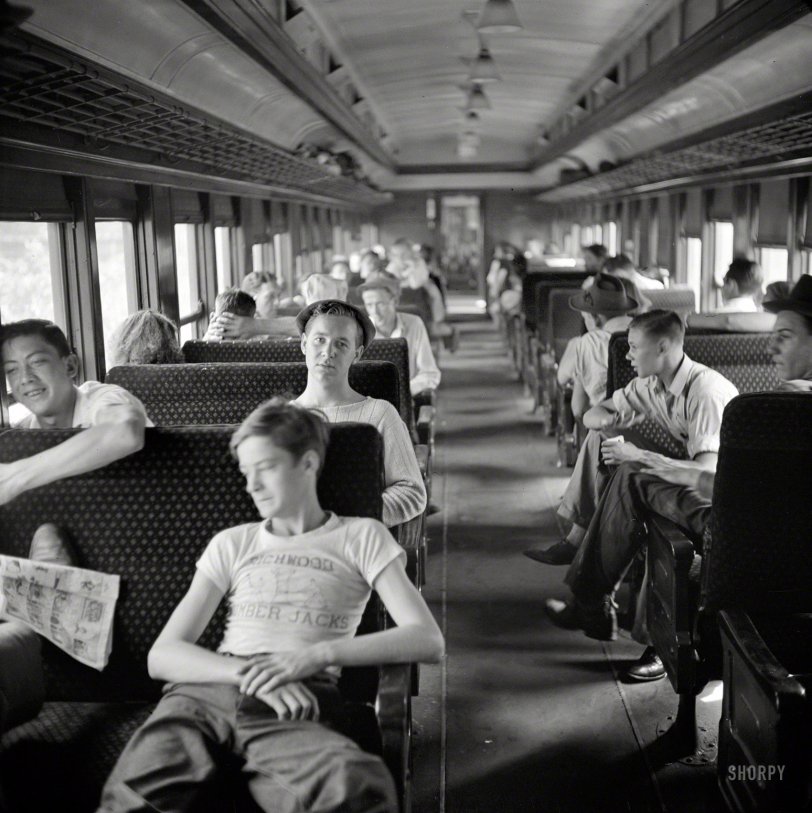
Sept. 1942. "Special train carrying agricultural workers to upper New York state to work in the harvest." Our second look at the high schoolers recruited by the Farm Security Administration amid a wartime labor shortage to travel from Richwood, West Virginia, to Batavia, New York, to help bring in the fruit crop. Acetate negative by John Collier. View full size.
Times have changed
These young workers must have checked their baggage, since all likely had suitcases as they'd be staying through the harvest. There is almost no overhead stuff stored here.
Today, travelers would have two or more pieces jammed in the overhead area, and all would be concentrating on hand-held devices instead of looking out the windows -- and certainly not reading as a few riders are doing here.
"Walk-over" Seats
Those seat backs were not very soft, nearly vertical, and weren't adjustable, they didn't recline. But they were hinged in such a way that they could easily be reversed. The base of the seat never moved, only the back. This made it easy to set up forward seating no matter how the car was pointed. And it was easy to set up two seats anywhere for face-to-face seating of four people, as has been done with some in this photo.
There was little improvement in coach seating for a long time, probably at least 50 years. The railroads weren't overly concerned about it, since uncomfortable coaches encouraged passengers to upgrade to first class. When new seats that resemble what we're accustomed to today came along, they were such a vast improvement that passengers made travel plans based on avoiding the old style seats. That's why, in timetables right up to the Amtrak era, you will almost always see "Reclining Seat Coaches" prominently printed in the schedules.
While passengers loved the new seats, they were an operational headache for the railroads, far beyond their initial high cost. They were much more complicated to maintain, and it was no longer quick or easy to reverse seats at endpoints. Like dining cars and sleepers, it was usually easier to turn the entire car around than it was to individually turn reclining seats. Many passengers on long trips cannot--or will not--ride backwards.
And the new seats were so much more expensive to maintain, bulletins were frequently issued asking train personnel to watch for, and prohibit, the use of seats as footrests, as is being done in the foreground of this picture.
This Score Just In
September 14, 2013: The Beckley Registger-Herald reports that the Fayetteville Pirates "carved up" the Richwood Lumberjacks 61-0.
Mountaineer Farmers
New York Times, September 5, 1942.West Virginians Help Harvest Here
Mountaineers Are Being Moved by FSA to
Five Counties in Western New YorkRICHWOOD, W. Va., Sept. 4 — A migration of mountaineer farmers to help harvest the tomato and peach and other crops of upper New York State began today. The first thirty-three of almost 300 volunteers in the food-for-victory drive left by bus for Rochester and 250 will go Tuesday, accompanied by their families, on a special train chartered by the Farm Security Administration.
Recruited from the farms and gardens of Nicholas and Clay Counties, the force includes men, women, girls and boys.
Leslie Atkins, representative of the migratory labor division of the FSA employment service, had certified the Nicholas-Clay County area of the Central West Virginia mountains as one in which the residents were in need of employment.
The workers will be sent to FSA camps or to certified dwellings in a five-county area in New York and will remain there through the harvest season for tomatoes, peaches, apples, carrots, onions and other crops.
The FSA will bring them back home, Mr. Atkins said, or they may go on to Florida to help with the Winter crops if they wish. Other contingents will move from areas in Virginia, Ohio and Tennessee.
While away from the mountains the farm helpers will have guarantee of three-fourths employment and will receive rations when they are not employed.
DeKalb Detasselers
I remember back in the '70s there was a ready job every summer for high school and college students detasseling corn in the fields around DeKalb, Illinois. The kids would go to DeKalb Ag HQ before dawn and board buses to be hauled to the next field needing detasseling. They often didn't get back until after dark.







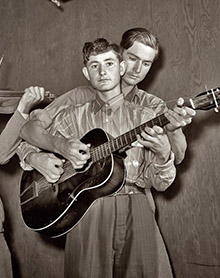
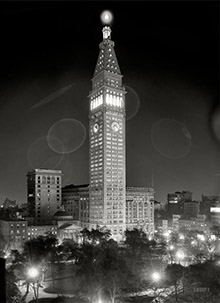
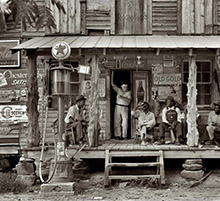
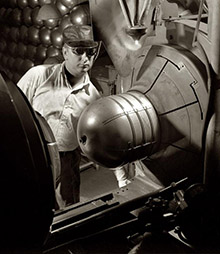
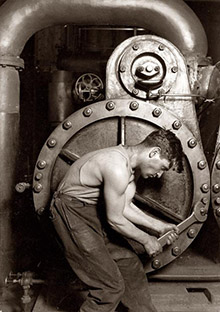

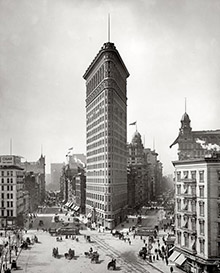



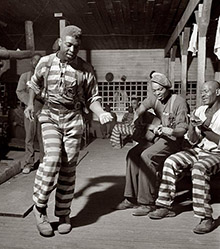

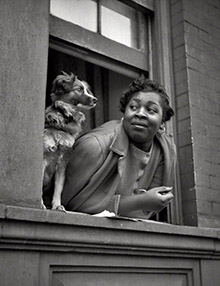

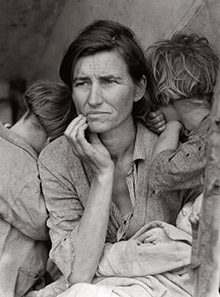


On Shorpy:
Today’s Top 5